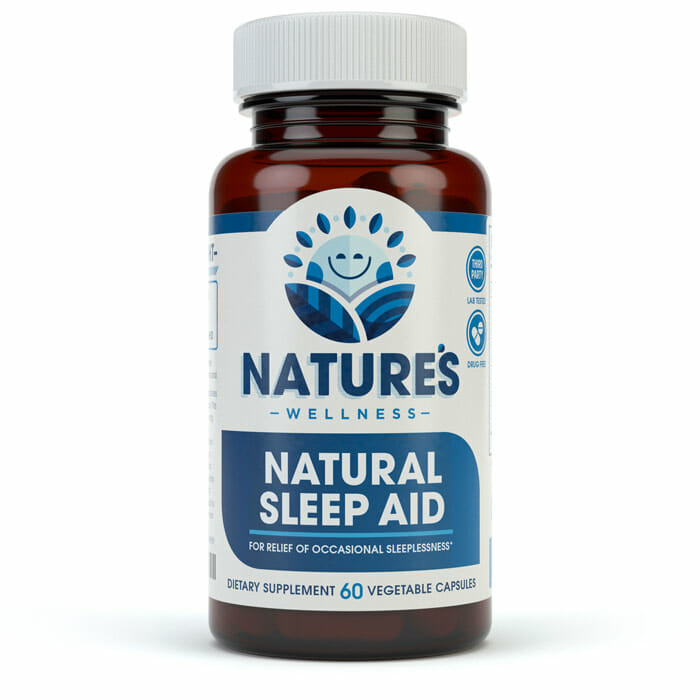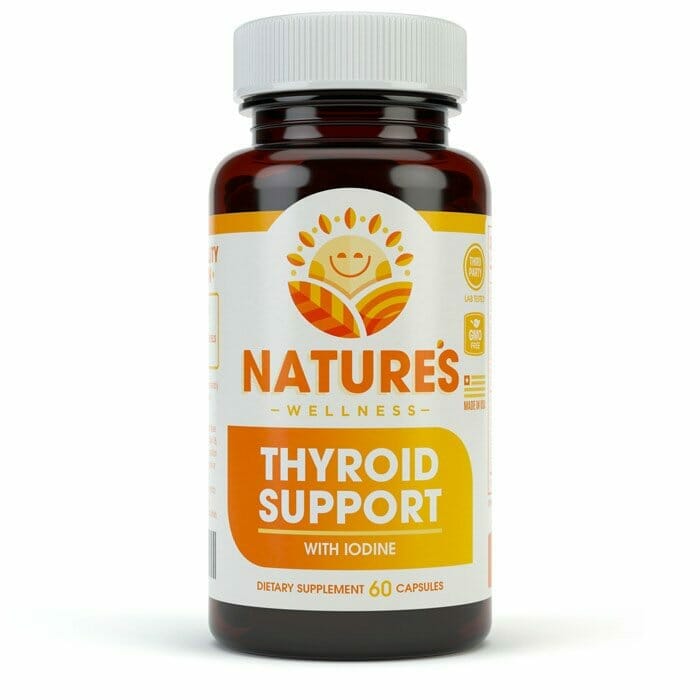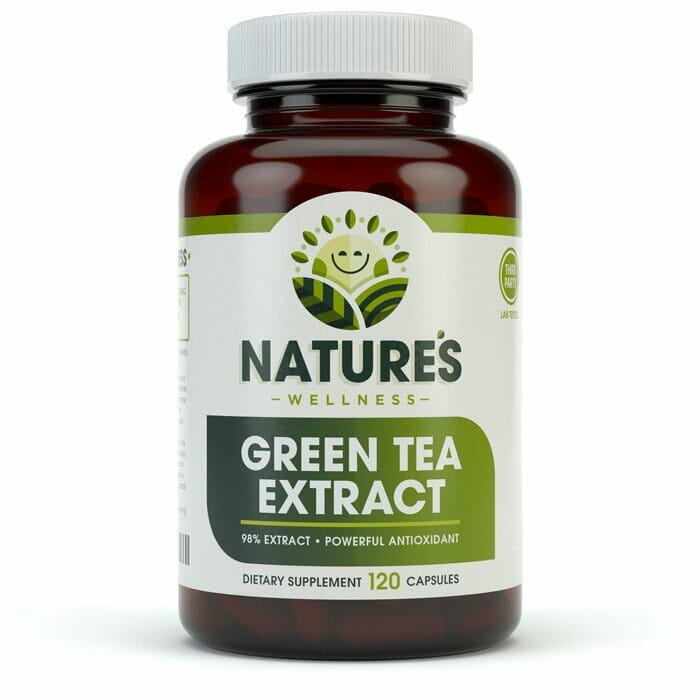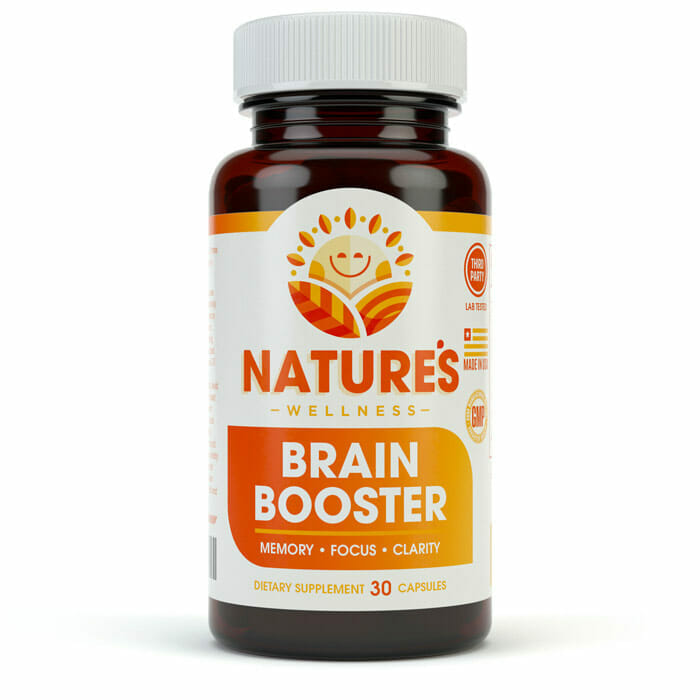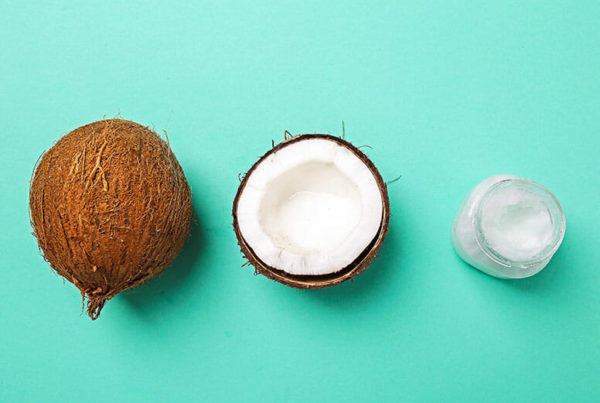
Turmeric is a yellow-colored spice commonly found in curry which originated in India. It has been used for centuries not just to flavor food, but also for its amazing medicinal properties. Several research studies have validated its numerous health benefits. Its effectiveness is likely linked to its antioxidant content and ability to lower inflammation. Turmeric has been studied for its potential to reduce risk of multiple chronic diseases such as cancer, heart disease, diabetes, and autoimmune disease.
The turmeric spice contains three different curcuminoids: curcumin, desmethoxycurcumin, and bisdemethoxycurcumin. These are naturally occurring antioxidants, which are responsible for the yellow color of turmeric. The spice also contains some oils, sugars, and a small amount of protein. The most powerful ingredient in turmeric is the antioxidant curcumin. It is an incredibly potent anti-inflammatory agent. Most of the research on turmeric has been focused on the antioxidant curcumin. The potential for this spice in the treatment of diseases and the management of symptoms is incredible, here are just a few of its potential uses:
Systemic Inflammation
Inflammation is a natural process of the immune system that occurs as a reaction to the body trying to heal itself from illness or injury. When you get injured, let’s say you accidently cut your finger, you may experience swelling, warmth, redness, and a little immobility in that particular area over the next few days as the cut heals. That experience is “inflammation”. Your body is releasing compounds called cytokines, which send out emergency signals to other immune cells to come fix the problem. Blood flow also increases to the area to allow white blood cells, hormones, and nutrients to reach the cut so it can heal. This is a fantastic system, especially if you have an acute injury, since the body jumps into action right away. Acute inflammation will usually go away after a few days, once the area has been healed.
Unfortunately, in our current environment, due to poor diet, alcohol intake, pollution, smoking, and stress, our bodies are under constant attack from many external factors. Our cytokines, or emergency signalers, are not sure when or how to respond to all of these external pressures. Therefore, they are always sending out a low-level signal to the immune system to react, but there is nothing specific to react to. This is called chronic or systemic inflammation because the body is consistently sending out the inflammatory response, even when there is no need for one.
When the white blood cells are summoned, but have nowhere to go, they begin to attack the body’s own tissues and organs. The white blood cells with nothing to do end up becoming destructive, attacking the body’s own cells. The destruction eventually adds up resulting in disease. A low-level of inflammation throughout the body is called systemic inflammation and has been linked to multiple medical conditions such as heart disease, diabetes, cancer, and autoimmune disease.
Anti-inflammatory foods, spices, or herbs can help combat some of this systemic inflammation, reducing our risk of chronic disease. Turmeric’s active ingredient, curcumin, has been shown to be as effective in lowering inflammation levels as some popular anti-inflammatory medications, such as NSAIDs, such as Ibuprofen or Aspirin, without the side effects.
Turmeric and Heart Disease
Turmeric has been studied for its potential benefit in helping prevent heart disease, the leading cause of death in the United States for both men and women. Specifically, curcumin can improve the function of heart cells, known as endothelial cells, as much as regular exercise. It has also been shown to reduce inflammation, oxidative stress, and improve endothelial function as much as the medication Atorvastatin, a commonly prescribed statin medication used to lower cholesterol and risk of heart disease.
Turmeric may also help lower triglyceride levels, a type of fat found in the blood that has been linked to heart disease. Triglycerides tend to be highest after a high-fat meal and consuming turmeric with the meal seems to help control the spike in triglyceride levels. This is especially effective when turmeric is consumed with a meal. Turmeric has also been indicated to help control blood pressure, although most of the research is currently mostly animal studies. Overall, turmeric seems to be quite potent in attacking heart disease from many different angles.
Turmeric and Cancer
Curcumin has shown significant benefit in reducing the risk of developing cancer as well as potential to be used as cancer treatment. It has an ability to suppress the growth of tumor cells as well as reduce inflammatory compounds that stimulate tumor initiation and metastasis. One particular study found that a daily dosage of 4g of curcumin reduced pre-cancerous lesions in the colon by 40%.
High doses of turmeric, up to 10 grams per day have been used safely in human trials as an alternative to cancer treatment or in conjunction with cancer treatment. This promising information still needs further research to determine proper dosages, any potential drug interactions, and overall safety.
Turmeric and Diabetes
Turmeric has also been studied in its potential in helping manage diabetes by lowering blood sugar and improving insulin resistance. A 2012 study published in Diabetes Care followed pre-diabetic subjects for 9 months. Half took a 250mg curcumin supplement, where half did not. Both groups were educated on a healthy diet to prevent diabetes and encouraged to exercise regularly. Of the control group, who did not take any supplements, 16% were diagnosed with diabetes after 9 months. No subjects were diagnosed with diabetes in the curcumin group. The results of this study are very promising in the fight against diabetes due to the significant increase in diagnosis of the disease.
Turmeric has also been found to help reduce some of the side effects of diabetes such as neuropathy and vision problems. It is believed this is related to its antioxidant and anti-inflammatory properties that helps keep the damage done by the disease at bay.
Turmeric and Autoimmune Disease
The rates of autoimmune disease continues to increase and unfortunately the cause of these diseases is unknown. But, we do know that chronic inflammation is linked to the development of many autoimmune diseases and seems to make symptoms worse.
Curcumin has been studied for its effectiveness in helping improve symptoms of many autoimmune diseases. It has been shown to be effective in the management of multiple sclerosis, rheumatoid arthritis, psoriasis, and inflammatory bowel disease.
Due to its powerful anti-inflammatory abilities, it’s no wonder it can help reduce the pain and swelling related to arthritis. One study found that 500 mg of curcumin was more effective in reducing pain and swelling in rheumatoid arthritis patients, than a traditional anti-inflammatory medication. Curcumin also had no negative side effects that are generally experienced with many medications used to manage inflammation in autoimmune disease.
Turmeric and Depression
Turmeric has also been shown beneficial for people struggling with depression. In one 6 week study, curcumin was compared to the drug Prozac in patients with depression. Subjects took either 1gram of curcumin, Prozac, or a combination of both Prozac and curcumin. All three groups showed improvement in their depression. Researchers believe that curcumin can have a positive effect on the neurotransmitters in the brain, helping boost levels of serotonin and dopamine. This particular study only involved 60 participants, larger studies are needed to determine the long-term effectiveness of curcumin on depression and the ideal dosages for treatment.
Turmeric and Alzheimer’s Disease
Alzheimer’s disease is a progressive form of dementia that affects daily functioning and memory. At first it starts with just mild confusion and memory problems. Eventually, it can change people’s personality and even make them forget important people in their lives. It’s like the entire memory of who they were is wiped clean. As the memory loss worsens, it impacts the ability to function and take care of oneself. They may also be unable to make appropriate judgments or decisions in certain situations, such as driving. Psychological changes may also take place such as depression, anxiety, social withdrawal, and aggressiveness.
The exact cause of Alzheimer’s is unknown, but there may be a link to inflammation as well as a decrease in a hormone called brain derived neurotrophic factor (BDNF). Curcumin addresses both of these potential causes. It has been shown to be able to cross the blood-brain barrier, therefore has the potential to work inside the brain. More research is needed in humans at this time, but rat models are showing significant promise in maintaining brain plasticity and cognitive function.
Another feature of Alzheimer’s disease is the formation of tangles in the in the brain that lead plaques that may interfere with cognitive function. Curcumin has been shown to help clear these plaques in lab studies. More research is needed on exact dosages of turmeric for people with Alzheimer’s disease, but the findings are quite promising so far.
How to Take Turmeric
You may be surprised to know that the turmeric spice itself only contains 3% curcumin. Most of the research conducted on the benefits of curcumin use very large dosages, well over 1 gram of curcumin per day, which would be very difficult to consume by just adding turmeric to your food. That’s not to say that adding the spice to your food won’t have any benefits, there is definitely research supporting low, daily doses of turmeric for health. In countries such as India, that use curry regularly, people may consume 1-2grams of turmeric daily via food. Even as little as 50mg per day over a period of time has been shown to be beneficial to overall health. But, the most effective way to use turmeric is via a supplement or extract, in order to ensure the most potent dosage.
If you are not taking a turmeric supplement, but still want to gain the most benefit from just using the spice in cooking, there are a few things you can do to improve absorption of this powerful spice. First, the antioxidants in turmeric are fat-soluble, meaning they are better absorbed when consumed with foods high in fat. Curcumin also boosts the absorption of vitamin A, another fat soluble vitamin. Using it to flavor meat, chicken, or fish, will provide enough fat to help you better absorb the curcumin in the dish.
Even if you consume the turmeric with high fat meal, curcumin is poorly absorbed into the blood stream, where it is needed to work its antioxidant magic. It is quickly metabolized (or broken down) in the liver, before the body is able to truly benefit from its properties. Researchers have found that by consuming foods containing turmeric with foods high in piperine, absorption of curcumin into the blood stream increases by 2000%. Piperine is an extract of black pepper. Therefore, if you are cooking with turmeric, make sure to include some black pepper in your dish for the most benefit. You can also make turmeric powder into a tea by adding 1 tsp to 4 cups of boiling water for 10 minutes. Strain the tea through a sieve and add honey or lemon as desired.
Fresh turmeric root is becoming more commonly found in the produce section, but is usually easy to find as a dried powder in the spice section of the grocery store. Turmeric is not the same as curry. Curry contains multiple other spices such as cumin, ginger, cinnamon, and clove, all of which may also be beneficial to health. If you purchase dried turmeric powder be sure to keep it in a cool, dark, dry place to maintain its antioxidant capacity, as many antioxidants are sensitive to air, light, and heat.
Turmeric is generally quite safe to consume. A few side effects have been found in very high doses, such as diarrhea, nausea, or low blood pressure. Turmeric can cause itchiness or a rash for some people, but only when used directly on the skin. Pregnant women should not take high doses of turmeric because of the risk of uterine contractions, but using it as a spice for food is fine.
Overall, the active ingredient in turmeric, curcumin, has amazing potential in treating a variety of diseases. Further research is needed in most areas to determine ideal dosages for each medical condition as well as identify any potential drug/nutrient interactions. But, so far, turmeric seems to be a safe and effective spice with significant health benefits.

